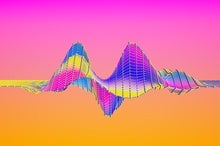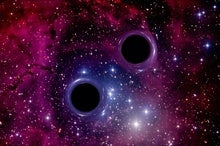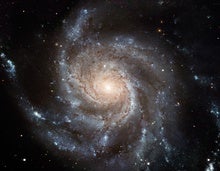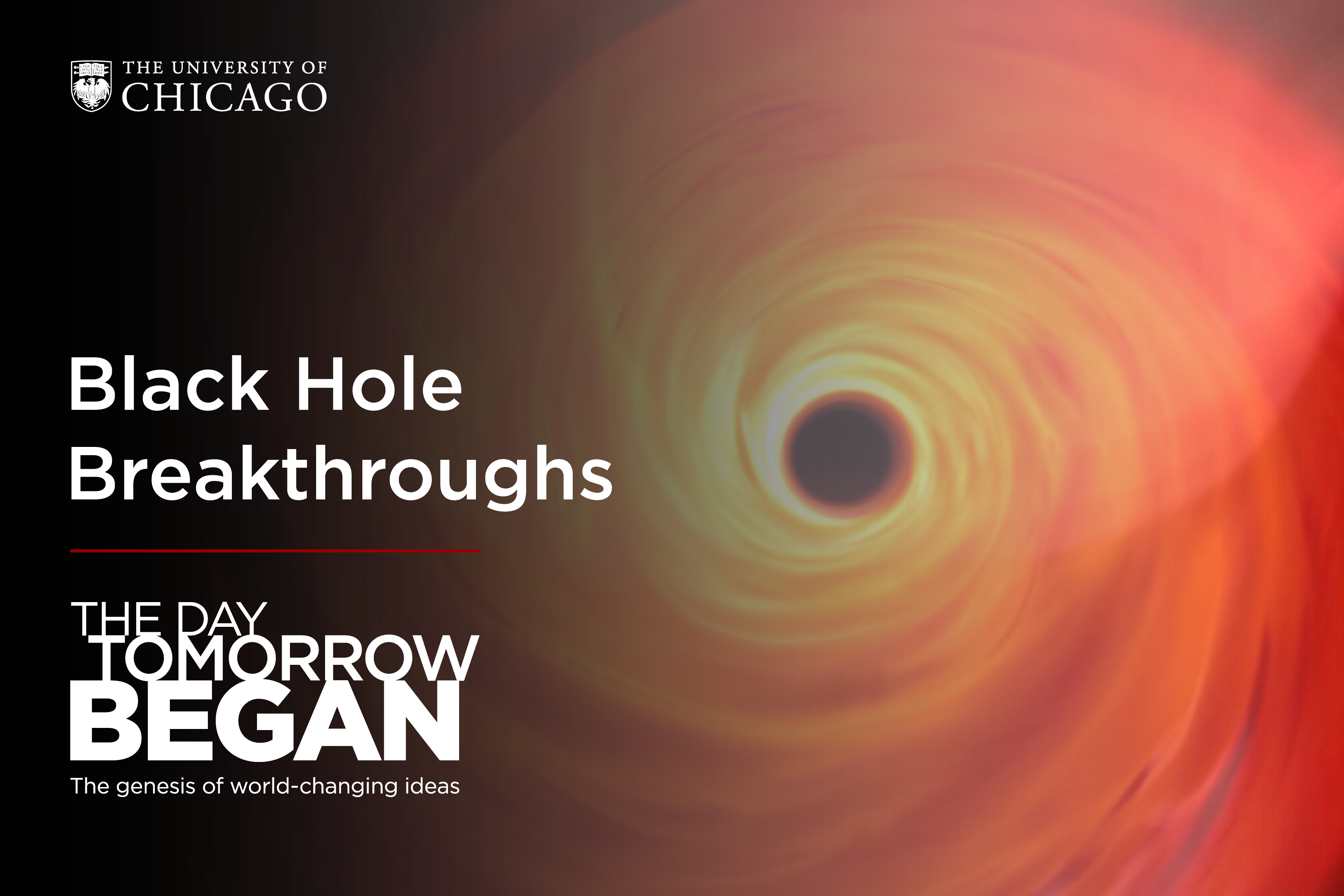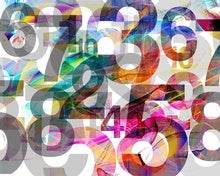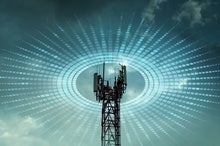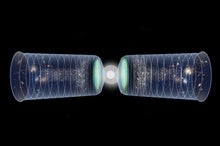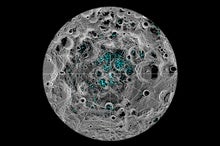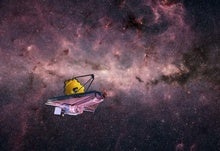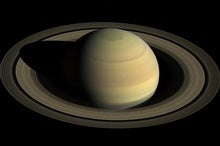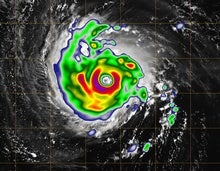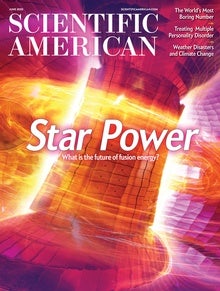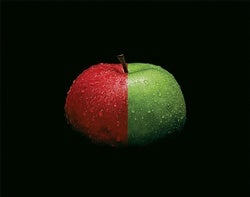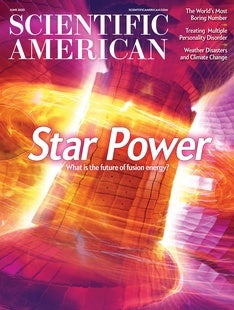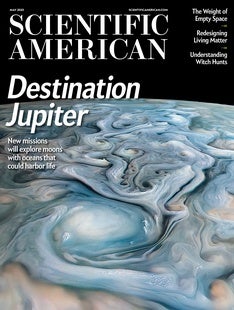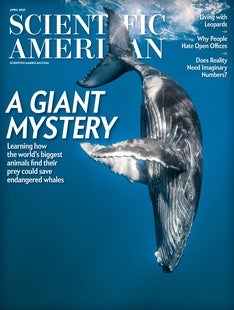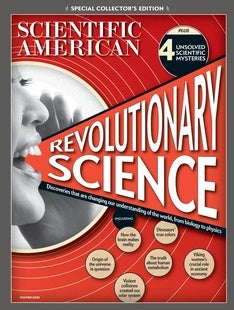 |
| May 25, 2023 |
This week, we’re celebrating a changing of the tide. For the past three years, the once-mighty flow of discoveries from the world’s gravitational-wave detectors has been more of a trickle, due to those facilities being shut down for maintenance and upgrades. Now, however, they’re coming back online with a bang, on pace to find many more elusive ripples in spacetime from merging black holes, colliding neutron stars, and more. Read our lead story to learn more. Elsewhere, we have stories on quantum theory’s “measurement problem,” a once-in-a-decade supernova in a nearby galaxy, the universe’s most bizarre numbers, the curious case of a meteorite that recently fell on a house in New Jersey, and much more. Enjoy! |
| | Lee Billings, Senior Editor, Space & Physics | |
 |
| |
| |
| |
| |
| |
| |
| |
| |
| |
| |
| |
| |
| Weather NASA Mini Satellites Will Help Track Hurricanes Miniature satellites called CubeSats will collect meteorologic data that NASA hopes will help explain how and why some tropical storms intensify as they approach land | | By Daniel Cusick,E&E News | | | |
FROM THE STORE
 | | | |
| |
FROM THE ARCHIVE
 | | | |
LATEST ISSUES
 |
| |
| Questions? Comments?  | |
| Download the Scientific American App |
| |
| |




